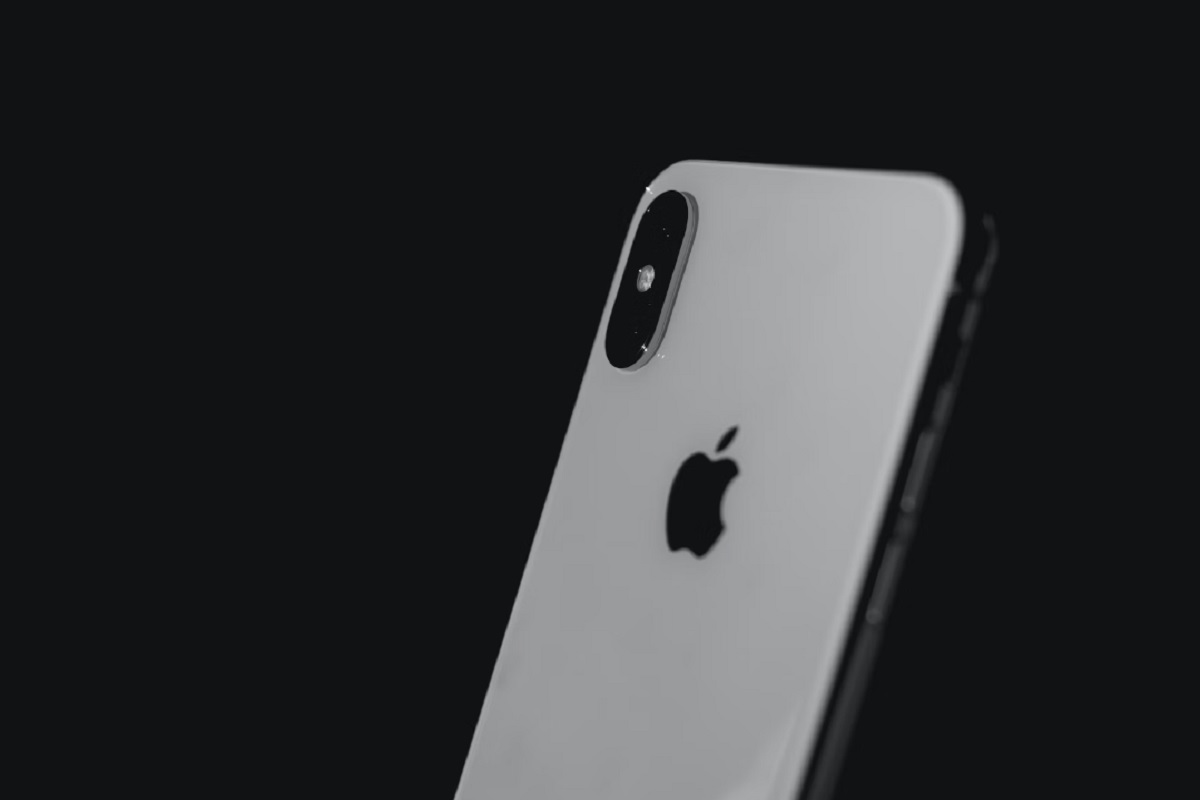The media reported that the Chinese authorities plan to expand the scope of the ban on the use of smartphones of the iPhone line, which is currently applied to secret units, by extending this restrictive measure to agencies that receive government support and state-owned companies.

This intention of Beijing, the degree of probability of which is very high against the background of current geopolitical tensions, is a signal for Apple that in the near future the technology giant may face problems in one of the most important foreign markets for it. Also in this case, Tim Cook’s company will face the fact that its global production base is located in a zone where local jurisdiction restricts the use of brand products.
The media, citing insiders who are aware of the internal processes taking place in Chinese government structures, report that several agencies have already notified employees that they should not come to work from an iPhone. Also, the interlocutors of the journalists, who provided information on the rights of anonymity, emphasizing the special nature of the issue under discussion, claim that as part of the expansion of the zone of this ban, Beijing intends to conduct a large-scale campaign to limit the use of smartphones of the American technology giant. According to them, the Chinese leadership intends to introduce appropriate measure at state-owned enterprises and organizations controlled by the government.
If the action plan reported by insiders is implemented and in the future will entail tighter control over the presence of foreign developments in the consumer dimension of the technological space, Beijing will establish a regime resembling a blockade. This scenario of the future is very likely, given the country’s desire to reduce the level of dependence on American software and circuitry. Also, these efforts correspond to the concept of China’s political decisions aimed at eliminating the use of foreign technologies in sensitive industries.
If the technological blockade by Beijing in the maximum form of existence in the future turns out to be a fact of objective reality, the American technology giant will not just face problems but will find itself in the position of a company with limited capabilities and with financial indicators that demonstrate nothing but a fall and collapse.
Income deriving from the presence in the Chinese market is about 20% of the total structure of Apple’s revenue. Also at factories located in this country, the technology giant produces most of its smartphones. Millions of Chinese citizens work at these factories. This fact means that against the background of a potentially possible blockade, the unemployment rate in the country will increase. But at the same time, it should not be excluded that employees of factories producing Apple products will be employed at other factories brands or will remain in their places and start assembling devices for other companies. This assumption is viable since the likely departure of the technology giant from the Chinese market from the point of view of elementary economic logic should stimulate the growth of production of local companies.
Insiders say that there is currently no understanding of how many firms or agencies will be able to implement restrictions on the use of personal devices of the American brand. They also reported that an official injunction of the relevant content has not yet been issued. The media assumes that state-owned companies and organizations will differ from each other by different levels of compliance with the expected restriction. Some firms will introduce the practice of banning the use of the iPhone in the workplace. In some cases, a complete ban on smartphones of the technology giant may be established.
Also, the effectiveness of the process of expanding the scope of the ban will become a kind of indicator of the degree of influence of Beijing on companies. For example, Brandon Nispel, an analyst at KeyBanc Capital Markets, recalled the local oil giant PetroChina, which belongs to the category of firms that employ millions of people and control vast sectors of the centrally planned economy. The giant of the oil industry has something like the status of a company relatively protected from government restrictions, partly due to its importance for the Chinese economic system. The way the ban will affect this firm will be an illustrative example of the current state of the regime of control by the authorities in the areas of industry and business.
An Apple spokesperson did not respond to a media inquiry about a possible expansion of restrictive measures. The Chinese State Assets Supervision and Management Commission and the State Council Information Bureau also did not provide comments on this matter.
The cost of shares of the technology giant in the premarket on Thursday, September 7, decreased by 2.8%. The prices of securities of European chip manufacturers, including Apple supplier STMicroelectronics NV, also showed a negative dynamic.
As we have reported earlier, Apple Launches Online Store on China’s WeChat App.









